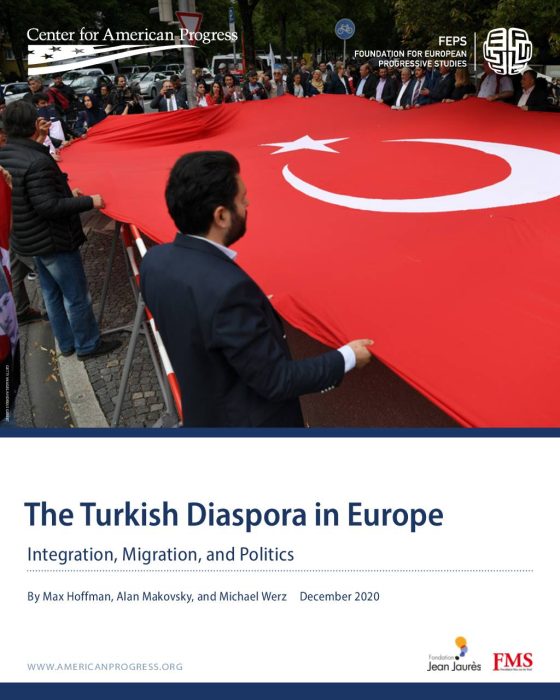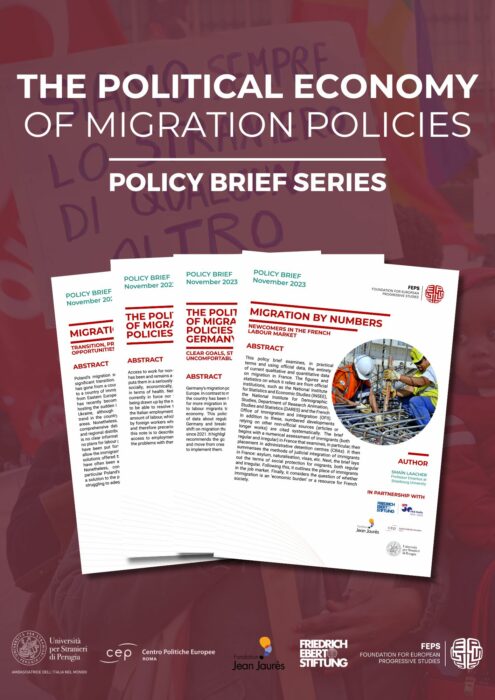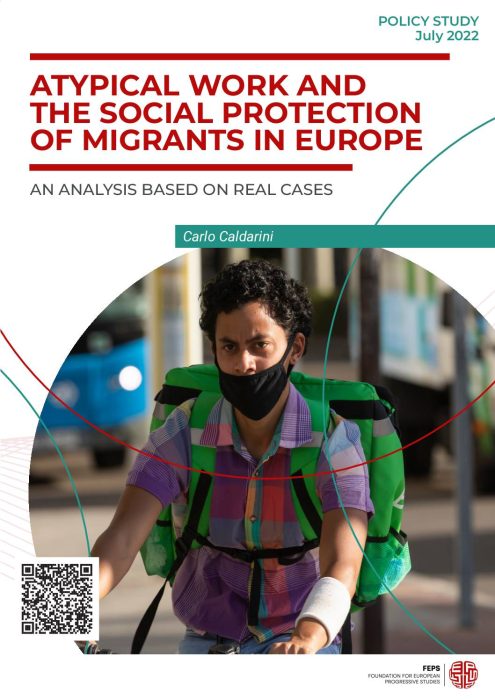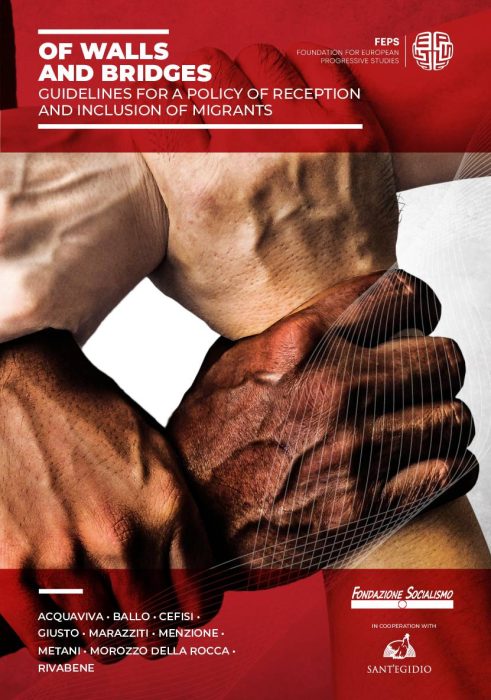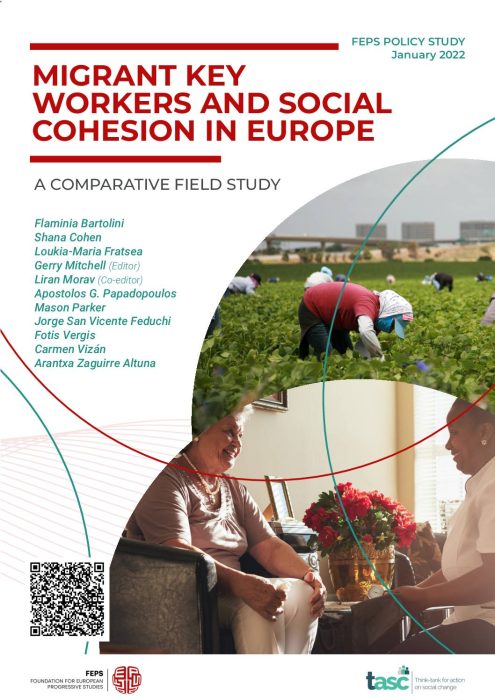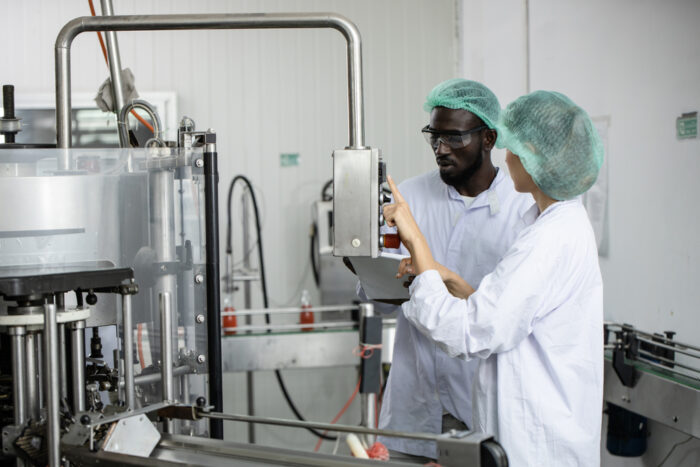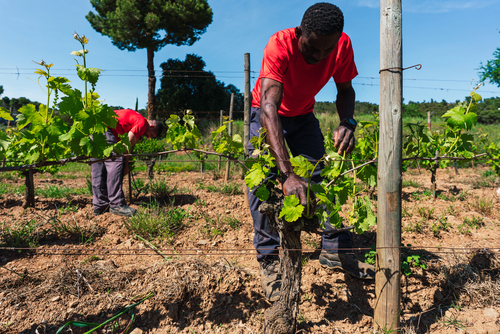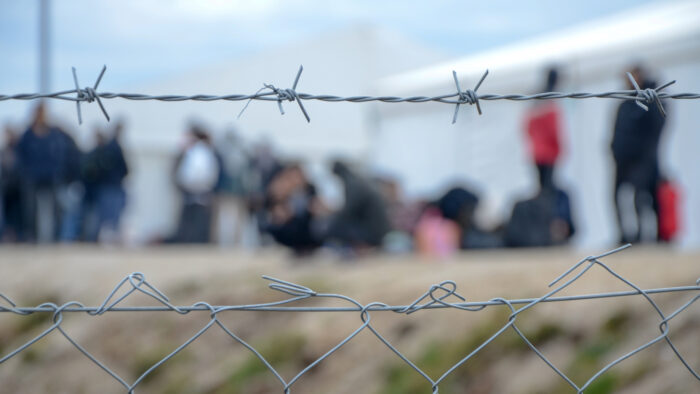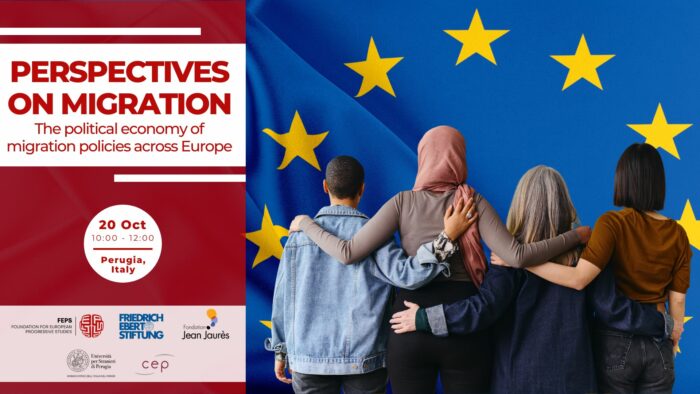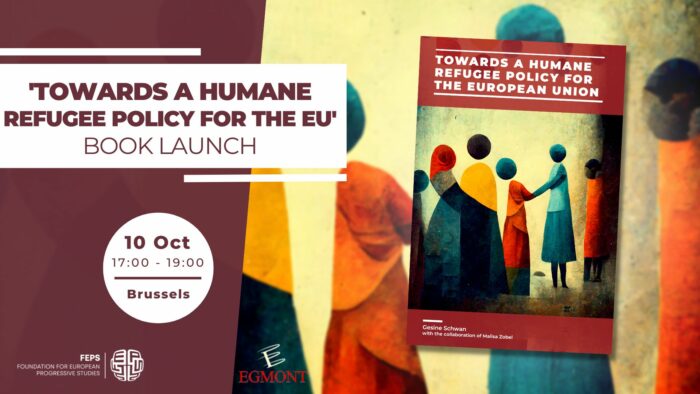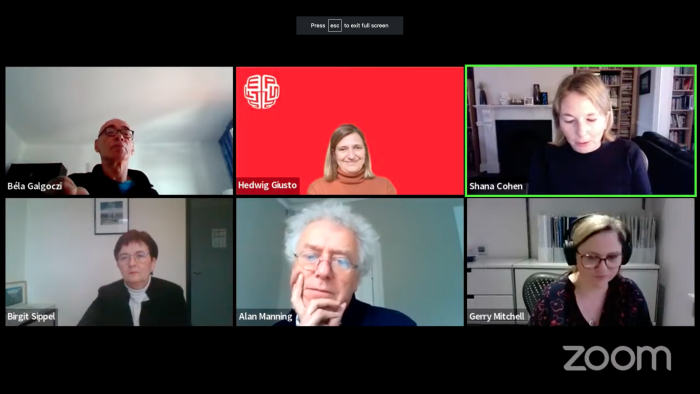Network
Find all related publications
Publications
Find all related Progressive Post
Progressive Post
On 27 April, the Commission proposed a package of five different measures to facilitate legal migration to the EU from non-EU countries. Although the individual measures are useful, they will do little on their own to create more immigration opportunities because access to the EU labour market is controlled by member states.
Find all related events
Events
Past
Find all related in the media
In the media

